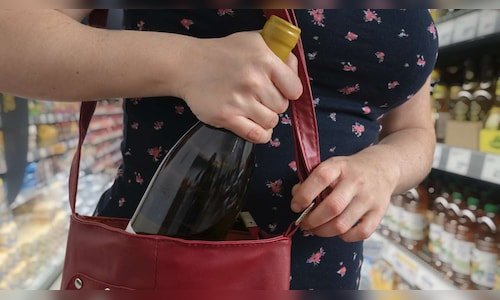Under the FTA, whisky and gin tariffs will be halved from 150% to 75% before falling to 40% by the tenth year of the deal, benefiting Britain’s scotch whisky industry and making the beverage cheaper in the world’s largest market.
Anant Iyer, Director General of the Confederation of Indian Alcoholic Beverage Companies (CIABC), raised concerns about the tariff structure, highlighting that the Indian government had initially recommended a gradual reduction to 100% in the first year, eventually reaching a 50% tariff. However, the final agreement reduced the tariff from 150% to 75%, and the proposed 50% has been lowered to 40%.
Also read: India-UK seal historic FTA and double contribution convention; PM Modi, Keir Starmer react
“We are obviously disappointed with the drop from 150% to 75%. We had recommended a reduction to 100% in the first year, then gradually to 50% over 10 years,” Iyer told CNBC-TV18.
Iyer also expressed concern about the absence of a minimum import price, warning that this could lead to a flood of cheaper scotch imports. He pointed out that the UK’s scotch industry had already experienced a decline due to US tariffs, and cheaper brands could easily dominate the market.
“Without a minimum import price, there will be a surge of cheaper Scotch brands,” he said.
The CIABC also raised issues with non-tariff barriers, urging the UK to remove restrictive definitions on whisky to grant Indian whisky access to the UK market.
“We’ve asked for Indian whisky to be recognised as ‘Indian whisky,’ not just whisky. If this isn’t addressed, it’s a win for the UK, not the Indian industry,” Iyer added.
Iyer also warned that similar FTAs with the EU, US, Australia, and New Zealand could further harm the Indian spirits and wine sectors. He noted that these countries have a competitive pricing advantage with excess production and state support.
“The lack of a minimum import price and the 75% and 40% tariffs will hurt India’s growing wine sector as well,” he said.
Additionally, Iyer pointed out that states like Maharashtra, Kerala, and Delhi still impose significantly lower duties on imported wines and spirits, which creates a “double whammy” for Indian brands in those markets.
Also read: India-UK FTA | The double contribution convention explained
